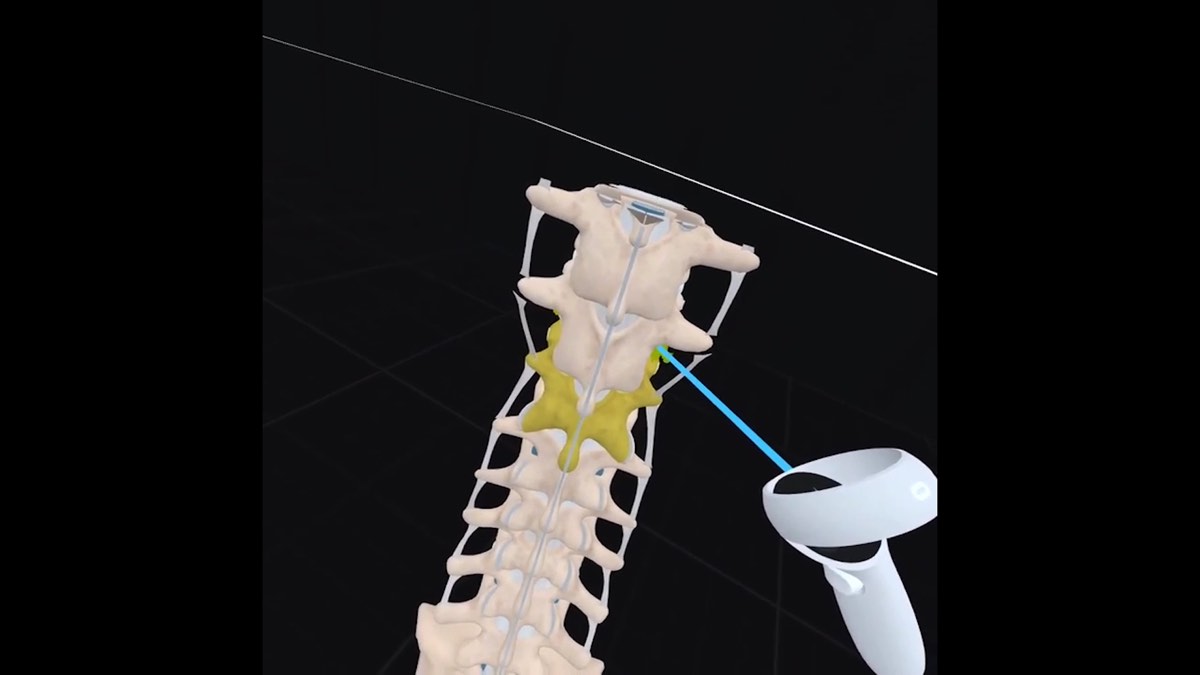NEW YORK (Reuters Health) – In an update to its 2003 guidelines for stage IV non-small-cell lung cancer (NSCLC) chemotherapy, the American Society of Clinical Oncology (ASCO) recommends that age not affect the choice of protocol.
Instead, the choice of a particular chemotherapeutic agent or combination should be based on performance status. In general, patients with better status scores (Eastern Cooperative Oncology Group/Zubrod scores of 0 or 1) should receive two cytotoxic drugs as first-line therapy, while those with worse scores should receive single-agent chemotherapy (score of 2) or no treatment (score >2).
The guidelines, which were released Monday in the Journal of Clinical Oncology, were written by Dr. Christopher G. Azzoli, from Memorial Sloan-Kettering Cancer Center, New York, and colleagues.
In creating the guidelines, the researchers conducted a literature search of randomized trials published since 2002. Ultimately, they based their recommendations on 52 randomized controlled trials, 29 meta-analyses, and several retrospective tissue studies that were included for molecular data.
The team largely focused on treatment strategies shown to improve overall survival. For those that only improved progression-free survival, the team carefully scrutinized the toxic effects and the impact on quality of life.
Key recommendations included: –Platinum-based two-drug combination therapy for patients with a performance status of 0 or 1. If there are contraindications to platinum agents, nonplatinum cytotoxic doublets are an acceptable alternative.
–First-line cytotoxic chemotherapy should be stopped at disease progression or following four treatment cycles in patients not responding to treatment.
–Two-drug cytotoxic chemotherapy should be stopped in all patients, even responders, after six cycles.
–Gefinitib may be considered as first-line therapy for patients with known epidermal growth factor receptor (EGFR) mutation. In other patients, cytotoxic chemotherapy is preferred.
–Bevacizumab should be given with carboplatin-paclitaxel, except in patients with squamous cell carcinoma, brain metastases, and certain other characteristics.
–Cetuximab should be added to cisplatin-vinorelbine for patients with EGFR-positive tumors.
–Recommended second-line agents include docetaxel, erlotinib, gefitinib, or pemetrexed.
–Erlotinib is a suitable third-line agent for patients who have not previously received this drug or gefitinib.
According to the report, there is not enough data to recommend for or against the routine third-line use of cytotoxic agents or routine use of molecular markers to guide treatment decisions.
Reference:
J Clin Oncol 2009.




